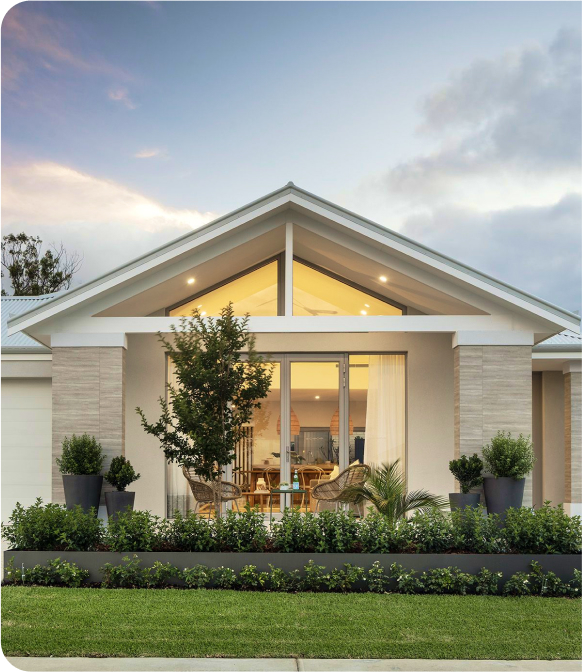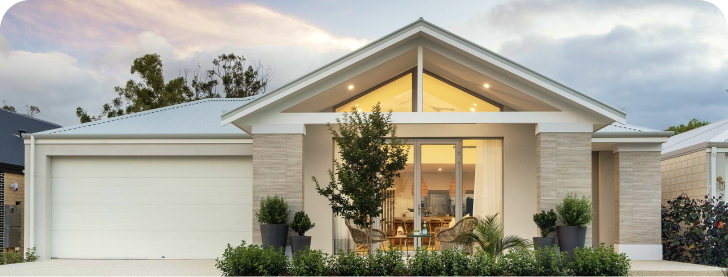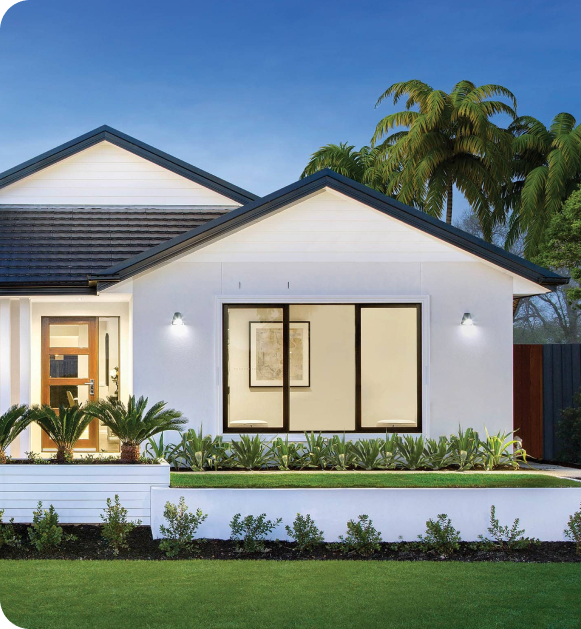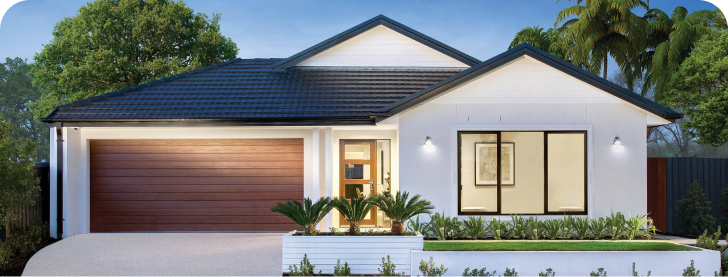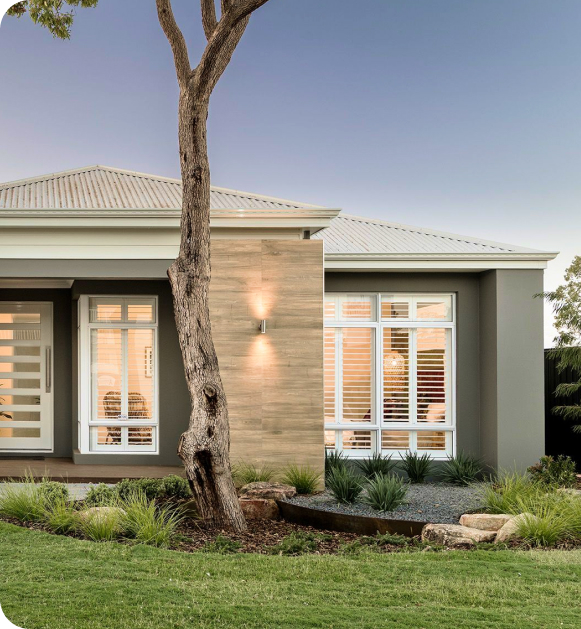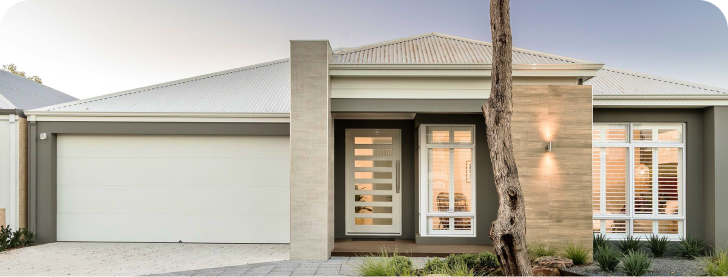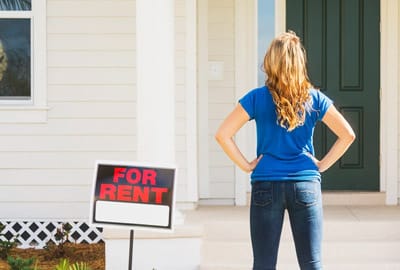
The interest in accessory dwelling units (ADUs) has skyrocketed in recent years, and without a doubt, it will grow further. There are many reasons for this; for example, a granny flat is much cheaper to build than the main house, the law concerning them is not that complicated, and it is much faster to construct one in your backyard. However, there is one reason why more and more people order one to have on the lot – to make it a rental unit and get rental income from ADUs.
Even though it seems easy at first to organize a business in the rental housing market, it is a pretty complex task for anyone who tries it for the first time. Where to find tenants? How to promote your rental unit? How to make a rental agreement? How much rent should they pay? These are the questions that you should have an answer to in your head. But if not, together, we will try to find the answers for them today.
Continue reading this article to enlarge your knowledge on renting out your ADU. We promise that by the end of it, you will know everything about how to set rental rates and policies concerning it.
The first question that may have occurred in your head is how to determine market rental rates for my ADU. Well, it is a complex task and includes the evaluation of different factors that influence these rates. Let us examine them more closely.
It is not a secret that ADU renters prefer units that are in a better neighborhood or close to the transportation lines. This allows them to lead a better life, and this is the factor that you should consider when building an ADU, so if the location is not that great, you may not have many renters. And if you possess a couple of houses in different parts of the state, perhaps it is better to evaluate where it would be more profitable to build a unit.
From social studies, we all know that demand increases supply. But if the supply is too large, without enough demand, it means that all your efforts concerning ADUs and further rentals can flop. Before building one, it is better to evaluate the amount of supply from other homeowners and decide whether it is worth investing in it.
Yes, they impact the cost too. The harder it is to follow local ordinances, the higher the cost for your accessory dwelling unit (ADU) will be. Check whether the law proposed by the local government is strict enough so you can make your rental rate higher. On the other hand, if you don't want to get your hands dirty with all this bureaucracy, ask for advice from real estate professionals.
The size and amenities of your ADU can significantly impact the rental rates of your ADU. The most important factor here is livable square footage, as it helps the renters to find out whether it will be comfortable for them to live there. Moreover, the bigger square footage allows you to accommodate more dwellers and make a profit.
Normally, all the ADUs are built with the necessary amenities, so it is not a huge factor here. But you should always think of the depreciation of your utilities as the taps or fixtures have to be replaced with time for a better look. And the depreciation cost, to say the least, of property maintenance should also be included in the rent.
Last but not least, the number of bedrooms and bathrooms really matters too. Usually, units with more bedrooms and bathrooms cost more than the others, but for some renters, it is superfluous, and they rent smaller units much more willingly. So, it is up to you to decide which category or dwellers to aim at.
Having the will to enter the housing business is important, but it is much more crucial to know how to act in order not to lose money. You should clearly understand that your rental property costs money, and your dwellers should pay for living there. Hence, it is vital that you set clear rental policies for lease terms and renewals. But how? To help you on the matter, we have created a list of steps you need to do to achieve clear and fair lease terms and renewals.
Follow these steps to set rental policies:
These steps will help you achieve fair and comfortable conditions for everyone involved in ADU renting.
The security deposit is the amount of money that your potential tenants will have to pay before entering the unit. This sum should cover potential damage, maintenance costs, or unpaid rent in case of any inconvenience. However, it is important to discuss this matter between the property owner and renters upfront.
Not only should everyone decide on the amount of the security deposit, but also it should be clearly established when it should be paid and under what circumstances the refund policy works. The landlord should explain when the deposit will be returned and how it will be provided to the tenant.
Moreover, it is vital to check the condition of the ADU before renters move in. You should conduct a walkthrough with possible dwellers to see in what condition the furniture is, what should be fixed, and what should be replaced. It is especially important in the case of long-term housing, but for short-term rental, these checks play an important role too.
So. you have agreed on how much rent should be paid and the amount of the security deposit. Next, it is important to discuss the late payment penalties as well as eviction policies. The rental agreement is a document that everyone should follow, so why would you pardon the late payment?
Property owners should clearly establish how many days are counted as the overdue payment, but it is also vital to set a grace period during which penalties are not imposed. Normally it lasts around 3-5 days. However, after this period, you should impose the percentage rate of late fees that they will have to pay to you. It should be mentioned in your agreement concerning owner occupancy requirements.
This rule is normally imposed by the government, and the conditions are different for the states, so you should research the exact conditions beforehand. However, normally most homeowners evict tenants from the rental units on the basis of their violations of the terms of the lease agreement. Pay attention to what you write there to avoid any inconveniences.
Most tenants who rent ADUs typically want to live with pets there, but many homeowners don't like their presence, as the pets can break something or ruin valuable furniture. However, allowing them can broaden the pool of potential tenants and give you extra income. This is also connected with some considerations and risks. But how to decide on pet policies and fees?
Consider the following tips to decide on this matter:
As you can see, it is not that difficult to create conditions for pets living in rental units. However, if you struggle with the creation of any contracts, it is better to discuss it with a property management company.
To maintain fair housing law, it is vital to establish certain policies connected with the maintenance and repair responsibilities of the tenants. Even though they are not kids, clear rules and definite responsibilities are not excessive in this case.
Concerning maintenance, a clear schedule is vital in this case. You can do your own research or listen to your heart and decide how often you want the tenants to take care of your property. This includes lawn care, cleaning, or possible repairs for both short-term rentals or tenants on a long-term basis.
As for the repair responsibilities, it all depends on how much you trust the people who rented your guest house. If your trust in them is high, then you can let them repair everything on their own.
Otherwise, it is better to establish repair protocols concerning what has to be done in this or that case, for example, the immediate schedule of the repairman. This all should be sorted out during the signing procedure.
There are a lot of options on how you can organize screening and application processes nowadays. But the overall rules stay unchanged till today. Let's discuss them closely.
First, you need to decide for yourself how you want the screening process to look like. For every tenant, it should be standardized so you wouldn't waste your precious hours every time you rent out your properties. Normally, it includes a credit report, renting history, and access to criminal reports.
Second, you need to decide on the application process. Make a list of documents needed to apply for renting out your ADU, and time within it should be provided. If you don't want to mess with all the intricacies, you can confide this task to the property management company, for whom this process is easy as pie.
Lastly, think about how you want to get applications. In order to avoid tenants visiting your primary residence, you can use online portals to collect the applications. This will make the process faster and easier for you.
Amidst the housing crisis, it is difficult for anyone to find their own house, so they rent an ADU. However, some of them also want to help their friends to find a place to live, and they invite them to live together. Also, the phenomenon of subletting, when tenants rent the property out to other dwellers, still exists to this day. And to regulate this, you need to establish certain guidelines, which can include insurance requirements or background checks. Or you can prohibit it to avoid headaches.
Concerning guests, every landlord has to decide how many people are allowed inside and under what conditions. Don't forget to discuss this moment with the tenants to avoid inconveniences!

Certainly, there are cases when it is impossible to keep rent at the same level, and with the economic fluctuations, everyone understands why. However, nobody likes the increase in rent. Hence, there must be a list of steps for you in order not to provoke anger among tenants renting out your property. We have prepared some tips so you can better understand how to keep your rental income.
The tips that you should follow are:
By following these tips, you will be able to maintain fair ADU usage and keep the agreement as long as possible.
Yes, to build an ADU, you will require a sum of money. Among the financing options, you can find mortgage payments, retirement savings, or the construction from the finances of the family members. It is up to you to decide how you will create your living space. But remember that in the future, it will be easy to pay it off. For many of our customers, ADUs are permitted after construction to get rental income. As such local housing is always popular among dwellers.
The versatility of an ADU is its key feature, and it is important to keep it in mind. For many people, it is the source of additional income from short-term rental as well as long-term. For others, the construction of an ADU is the reason to accommodate their adult child next to the primary home or to create the space for caregiving. For certain individuals, it is the property where they can have access to their hobbies. So, it is up to you to decide how it will be used.
When it comes to unit construction, the amount of time it takes to finish one depends on many factors. Before you can get access to the unit, we will have to create a plan, get permits from the government, and finally build it. The time spent will depend on the complexity of the project and some bureaucratic issues that are out of our control. But overall, to create an ADU, it takes around 6–8 months.
